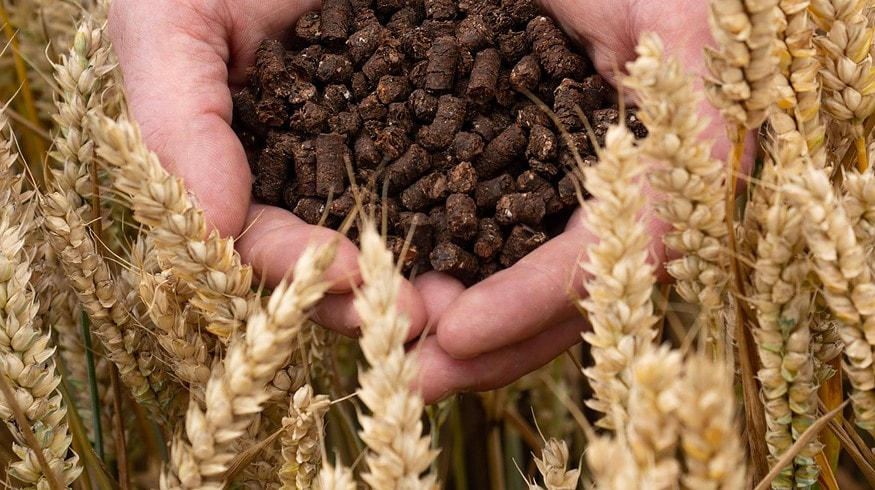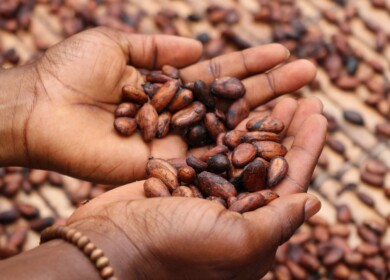Nestlé and Cargill’s Sustainable Venture: Turning Cocoa Husks into Low-Carbon Fertilizer

Nestlé and Cargill have announced their collaboration to convert discarded cocoa husks from chocolate production into an innovative low-carbon fertilizer. They aim to manufacture 7,000 tonnes of this sustainable fertilizer, targeting Nestlé’s breakfast cereal suppliers and animal feed operations in the UK and Ireland.
CCm Technologies, a British start-up known for its association with giants like Tesco and PepsiCo, will be providing the essential technology for this initiative. The core of the technology process is the amalgamation of gases from anaerobic digesters or industrial power units with residues like food waste, sewage sludge, and other by-products to produce environmentally friendly fertilizers.
Cargill’s cocoa processing facility in York will supply the cocoa husks for this specific project. These husks will then be transformed into fertilizer pellets for distribution to Nestlé-affiliated farmers. The partners have a two-year roadmap to evaluate the performance of the low-carbon fertilizer, focusing on parameters such as emissions reductions, soil vitality, and crop output. Should the project attain its goals, it could cater to a significant 25% of Nestlé’s wheat fertilizer needs in the UK, leading to a marked decrease in supply chain emissions.
Trials of this eco-friendly fertilizer are currently being conducted in Suffolk and Northamptonshire. Richard Ling, manager at Rookery Farm in Norfolk, affirmed the fertilizer’s efficacy by highlighting comparable yield results between the new and traditional fertilizers. With positive early indications, such initiatives might set a precedent for sustainable agricultural practices in the future.
Enjoyed this story?
Every Monday, our subscribers get their hands on a digest of the most trending agriculture news. You can join them too!












Discussion0 comments